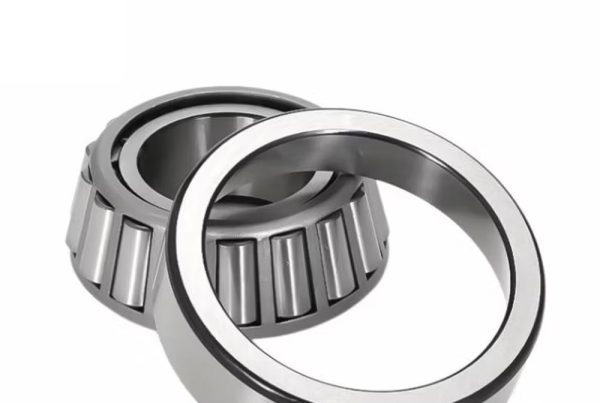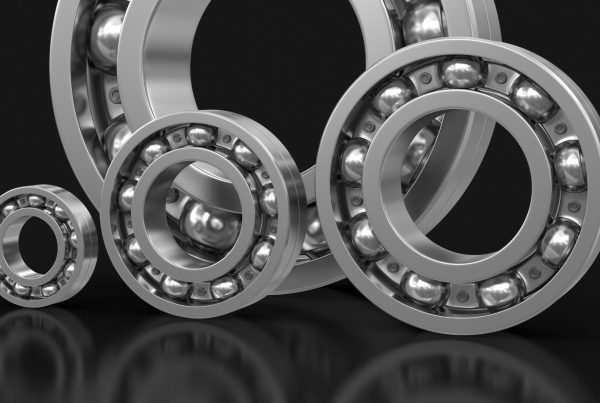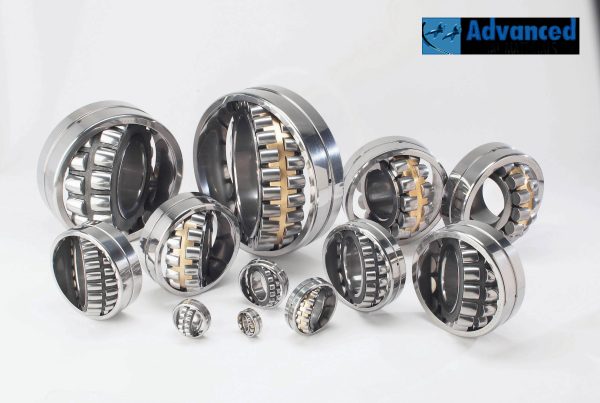In engineering and building, standard materials often fall short. That’s where field metal products come in, offering unique possessions and resolutions for diverse requests. This article delves into the world of these particular materials, travelling their types, benefits, and the businesses they serve.
What are Specialty Metal Products?
Field metal produces are pretend materials envisioned with specific properties that go beyond those of common metals like steel or aluminum. These improved appearances can include:
- Superior strength and durability: Enduring extreme loads, temperatures, or corrosive environments.
- Enhanced corrosion resistance: Defensive against rust, chemicals, and harsh weather conditions.
- Specific electrical or magnetic properties: Enabling use in electronics, aerospace, and other high-tech applications.
- Unique shapes and forms: Providing customized solutions for complex designs and projects.
Types of Specialty Metal Products
The world of specialty metals is vast, with various categories catering to different needs. Some common types include:
- High-Strength Alloys: These materials, like convinced grades of steel or titanium, offer excellent strength-to-weight ratios, creation them vital in aerospace, motorized, and building.
- Corrosion-Resistant Alloys: Stainless steel, nickel alloys, and other particular metals provide confrontation to rust, acids, and harsh substances, finding use in marine, chemical processing, and food businesses.
- Heat-Resistant Alloys: Superalloys like Inconel and Hastelloy maintain their forte and integrity at extreme infections, making them indispensable in jet engines, power generation, and furnaces.
- Specialty Stainless Steels: These alloys offer improved possessions like augmented strength, corrosion resistance, or magnetic penetrability for precise requests.
- Custom Metal Shapes: Extruded, drawn, or rolled shapes tailored to unique project supplies, enhancing design and plummeting construction time.
Benefits of Using Specialty Metal Products
Choosing specialty metal products offers several advantages:
- Improved Performance: Enhanced properties lead to better product functionality, longevity, and reliability in demanding conditions.
- Increased Efficiency: Lightweight alloys or custom shapes can optimize designs, reducing material usage and energy consumption.
- Enhanced Safety: High-strength or heat-resistant materials ensure structural integrity and prevent failures in critical applications.
- Extended Lifespan: Corrosion-resistant alloys minimize maintenance and replacement costs, leading to long-term savings.
- Design Flexibility: Unique shapes and properties enable innovative designs and solutions that standard materials cannot achieve.
Industries that Rely on Specialty Metal Products
Numerous industries benefit from the unique properties of specialty metals:
- Aerospace: High-strength, lightweight alloys are crucial for aircraft structures, engines, and spacecraft.
- Automotive: Specialty steels and alloys improve vehicle safety, fuel efficiency, and performance.
- Construction: High-strength and corrosion-resistant materials ensure the durability and longevity of bridges, buildings, and infrastructure.
- Energy: Heat-resistant alloys are essential in power plants, while corrosion-resistant materials are vital in oil and gas exploration.
- Medical: Titanium and other biocompatible alloys are used in implants, surgical instruments, and medical devices.
- Electronics: Specialty metals with specific electrical or magnetic properties enable advanced electronic components and devices.
Conclusion
Field metal crops play a vital role in modern manufacturing and engineering, allowing progressions across various businesses. Their unique possessions offer answers to multifaceted challenges, refining performance, safety, and competence. As knowledge continues to evolve, the demand for these advanced materials will only grow, driving further novelty and expansion in the field of specialty metals.




